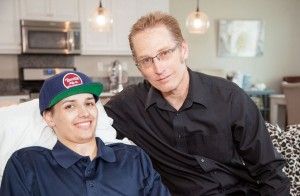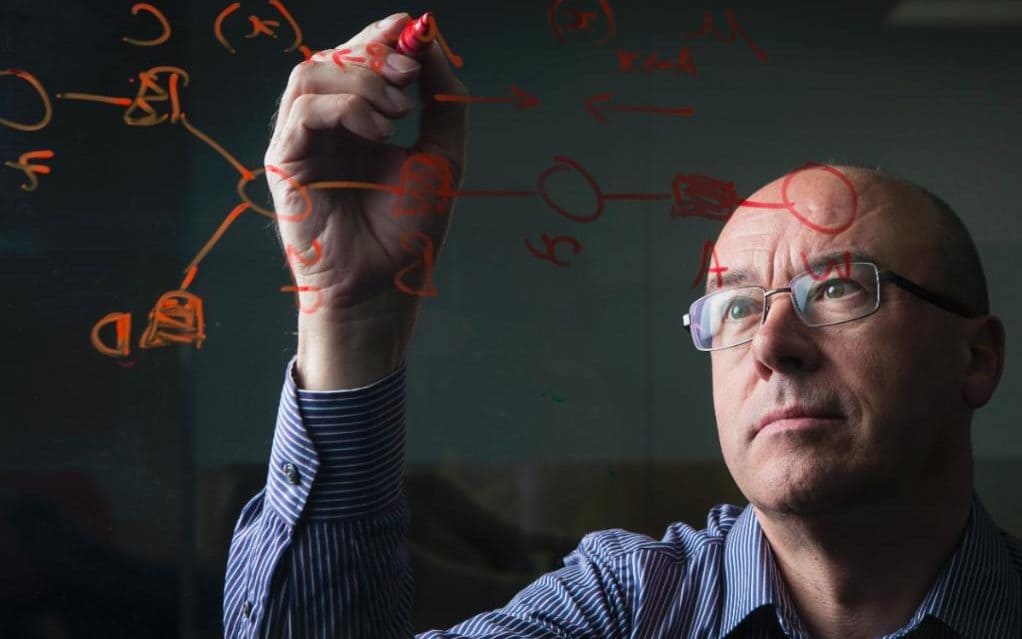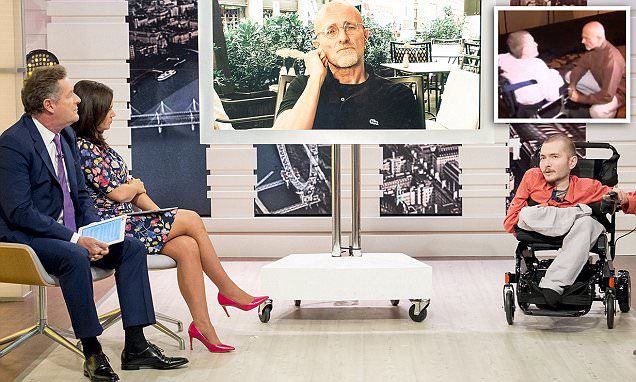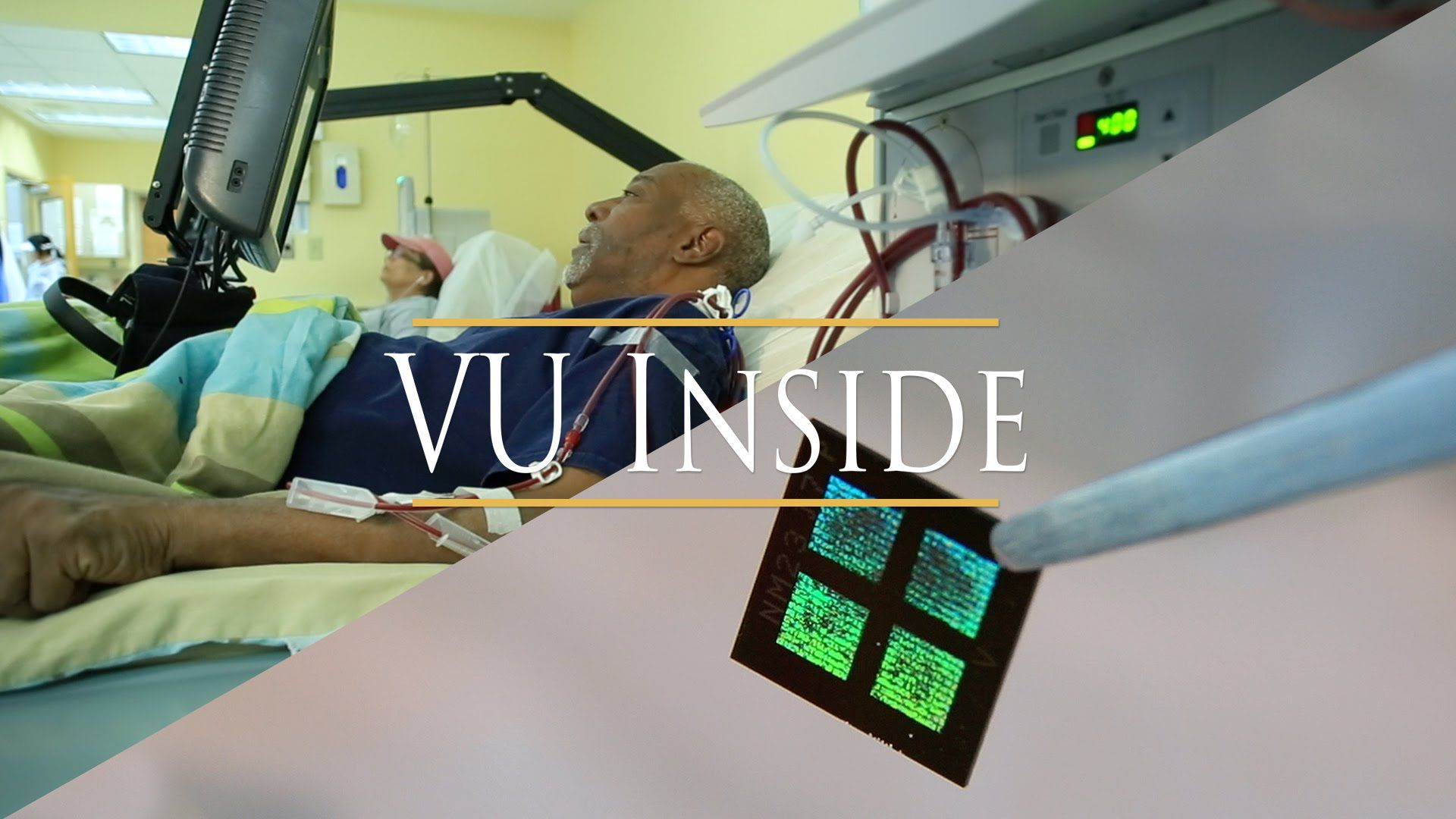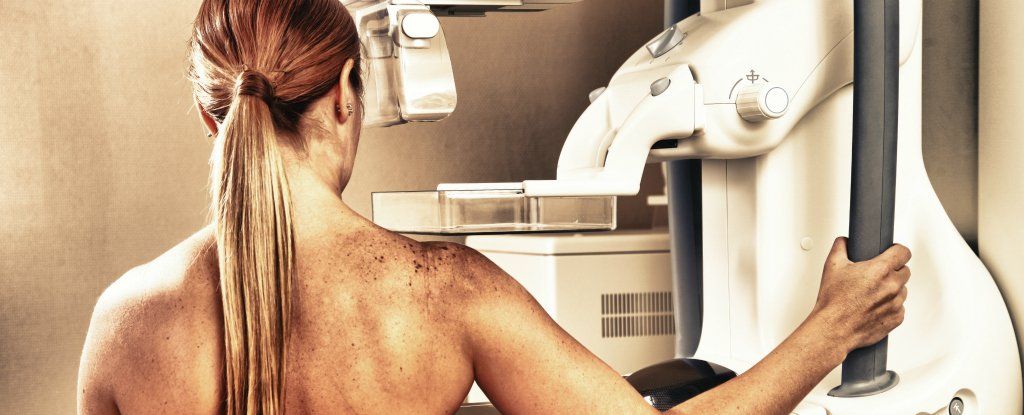Sep 20, 2016
Dawn of the super human: U. S. is daunted by Russia’s “enhanced human operation”
Posted by Karen Hurst in categories: biotech/medical, computing, cyborgs, military, neuroscience, transhumanism
Pentagon accused Russia that the country is working on “enhanced human operation” to create an army of superhuman soldiers. Russia’s Sputnik issues the news.
U.S. Army chiefs are claiming that Moscow is working to create bionic superhuman soldiers with brain implants. And the soldiers will be fuelled by steroids. Usage of steroid will increase the tolerance capability and make the soldiers more resilient. While the brain implant or chip will assist a soldier to fight for a longer time even in extreme warfare. It will also force the soldiers to fight and obey the command at any cost. The sole purpose is to strengthen the soldiers to make them stronger and tougher in battles.
Yet, the U.S. opponent is working to use microscopic technology so that soldiers can cure themselves without any assistance of physicians.

